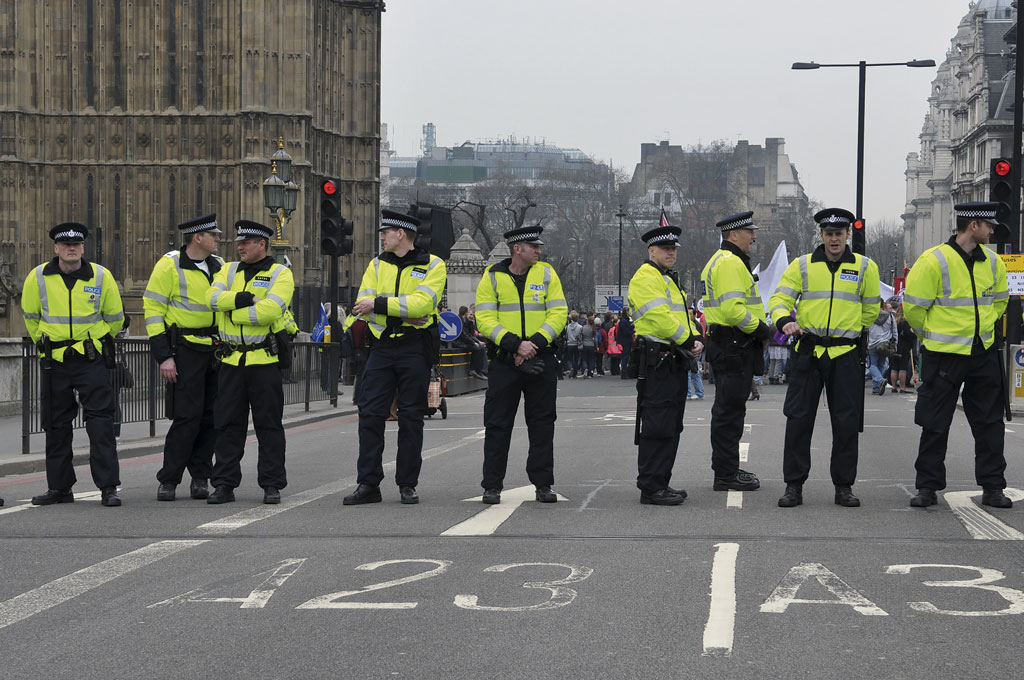
In the wake of the home secretary’s approval of revised rules on conferring by police officers in writing up their post-event accounts, David Wolchover & Anthony Heaton-Armstrong return to the issues at the heart of the debate
- The Metropolitan Police Metropolitan Evidence Project Implementation Committee recommendations.
- Lack of uniformity in practice and earlier proposals for an outright ban on conferring.
In Pt 1 of this three-part series we considered the backlash to proposals to keep officers apart after shootings and looked at the differences between the methods of interviewing police and civilian witnesses (see NLJ, 22 February 2019 p12). Here we discuss the lack of uniformity in practice and earlier proposals for an outright ban on conferring.
Until the early 1990s note-making practice in the Metropolitan Police had varied. Sometimes officers would each write up their own notebook but would do so in each other’s company, conferring as they went along. Alternatively one officer might write up the agreed note with input parri passu from the other officers present and the note would then be signed by everyone.









